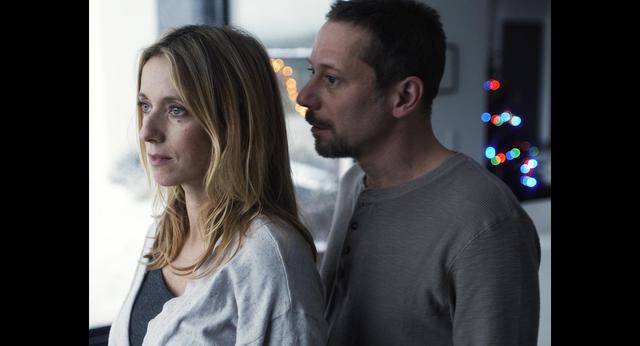Film Review: The Blue Room
Tightlipped French Crime Drama Drops Few Clues


French-style

“Honest
Latest Article|September 3, 2020|Free
::Making Grown Men Cry Since 1992


French-style

“Honest